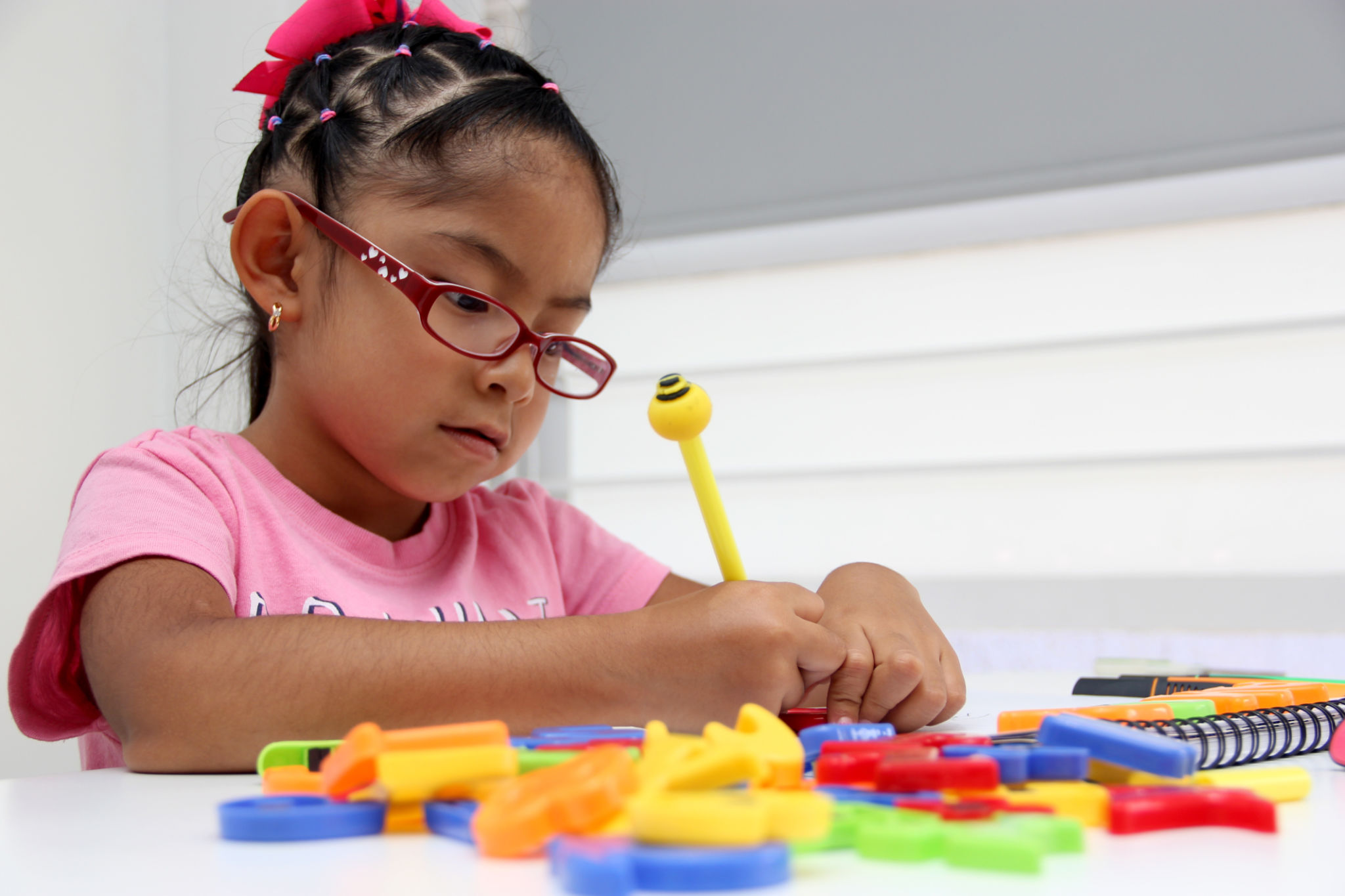Case Study: Successful ADHD Treatment Approaches in Tampa
Attention Deficit Hyperactivity Disorder (ADHD) affects millions of individuals worldwide, presenting challenges in focus, hyperactivity, and impulsive behavior. In Tampa, several innovative treatment approaches have proven successful in managing ADHD symptoms, enhancing the quality of life for those affected.
One of the most effective treatment methods includes a combination of medication and behavioral therapy. By integrating these two approaches, patients can experience a balanced management of symptoms while learning strategies to cope with daily challenges. This dual approach is often tailored to the needs of each individual, providing a personalized treatment plan that addresses both biological and behavioral aspects of ADHD.

Medication Management
Medication remains a cornerstone in the treatment of ADHD. In Tampa, healthcare professionals commonly prescribe stimulants such as methylphenidate and amphetamines, known for their efficacy in increasing attention and reducing impulsivity and hyperactivity. Non-stimulant medications are also available for those who may experience adverse effects or have a preference for alternative options.
It is crucial for healthcare providers to work closely with patients, monitoring their progress and adjusting dosages as needed. This ongoing communication ensures that the medication is as effective as possible, with minimal side effects. Regular follow-ups can help in making necessary adjustments, particularly in growing children whose needs may change over time.
Behavioral Therapy
Behavioral therapy plays a significant role in managing ADHD symptoms. In Tampa, therapists utilize Cognitive Behavioral Therapy (CBT) to help individuals develop skills for organizing tasks, completing schoolwork, and managing time effectively. CBT also addresses the emotional challenges that often accompany ADHD, such as low self-esteem and anxiety.

For children, parent training programs are particularly beneficial. These programs equip parents with strategies to support their child's development, such as setting clear expectations, using positive reinforcement, and maintaining consistent routines. This comprehensive approach ensures that the child receives support both at home and in therapeutic settings.
Alternative Treatments
Besides medication and therapy, several alternative treatments are gaining popularity in Tampa. These include dietary modifications, exercise regimens, and mindfulness practices. Some parents and individuals report significant improvements in symptoms by limiting sugar intake, incorporating omega-3 fatty acids into diets, and engaging in regular physical activity.
Mindfulness practices such as meditation and yoga are also explored for their calming effects and ability to enhance focus. These practices promote self-regulation and stress management, which are crucial for individuals with ADHD.

Community Support
The role of community support cannot be overstated in the success of ADHD treatment. In Tampa, several support groups and community resources offer families and individuals the opportunity to connect with others facing similar challenges. These networks provide emotional support, share valuable insights, and offer practical advice for managing daily life with ADHD.
Through these case studies in Tampa, it is evident that a multifaceted approach to ADHD treatment yields the most success. By combining medication, behavioral therapy, alternative treatments, and community support, individuals with ADHD can thrive and lead fulfilling lives.
